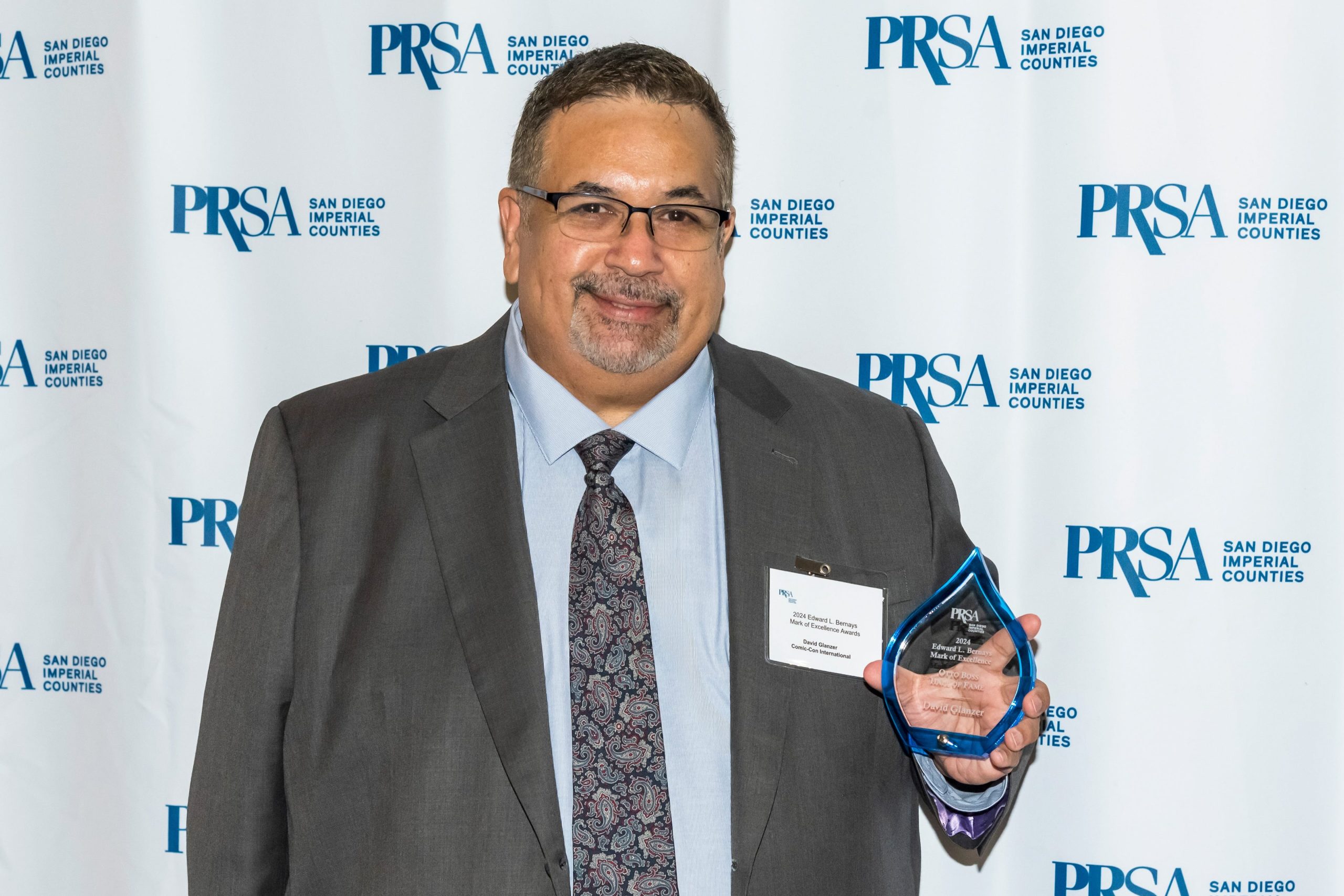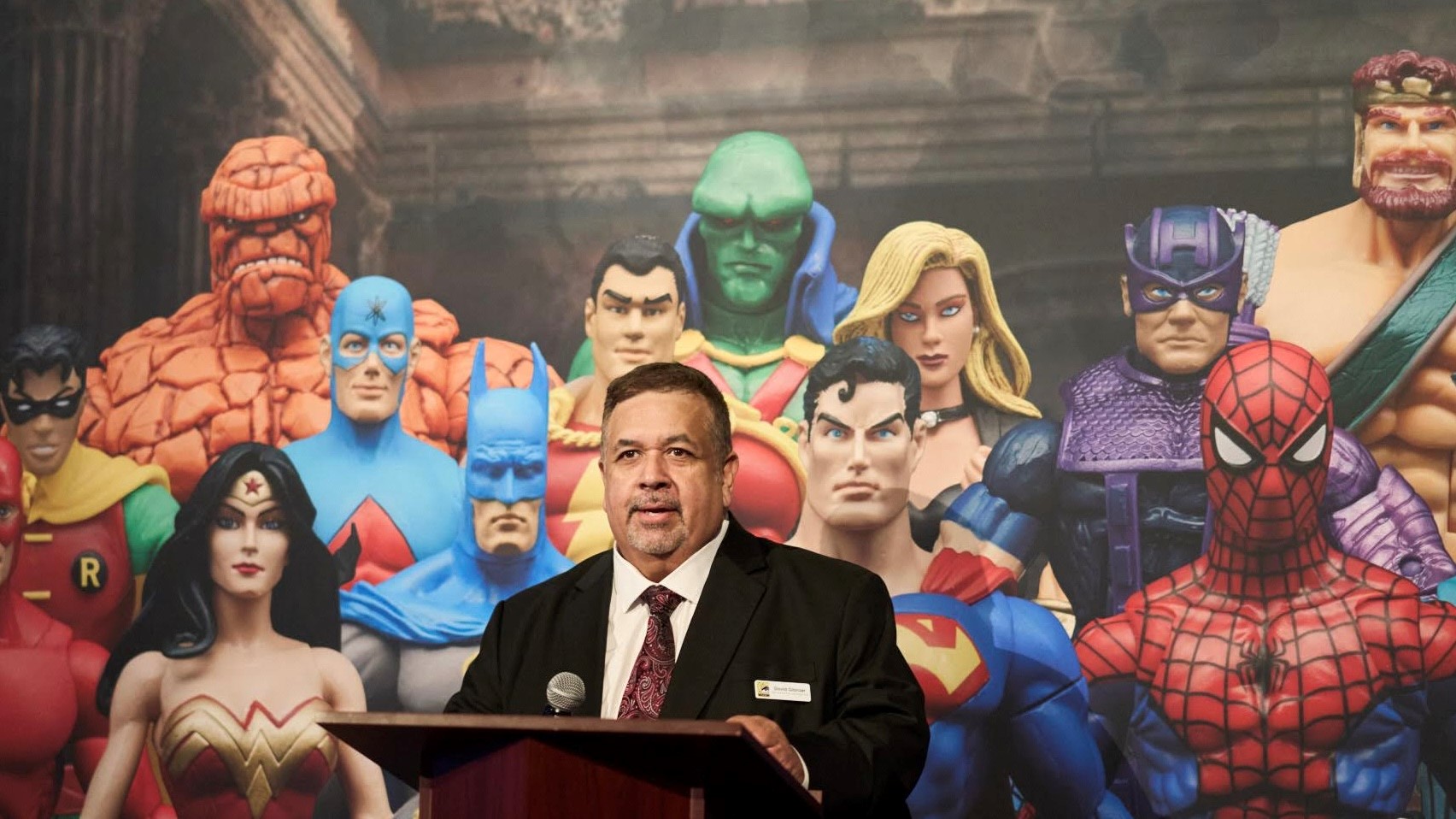This article was originally published in the September 2021 Edition of Strategies and Tactics
We all remember moments in our early career when we struggled. We chalked up the lessons learned and moved on to the next project — often with bruised egos — but those learnings stuck with us and shaped our careers.
While we can’t travel back in time to instruct our twentysomething selves, we can reflect on what we learned and share our collective wisdom with the next generation of PR professionals.
I turned to PR veterans I respect and asked them — now that they are armed with the luxury of decades of life and work experience — what piece of advice would they go back and give themselves early in their career.
Here are some of the informative, inspiring and heartfelt responses they shared:
1. Know that people will remember how you make them feel.
“You never know where your team members, bosses, those you manage, partners and clients will end up working throughout their careers. They will remember how you made them feel above anything else,” said Mark Mohammadpour, founder of Chasing the Sun Health Coaching in Portland, Ore. “The opportunities to stay connected over time will reap the rewards as you evolve in your career.”
2. Build relationships.
“Relationships make the world go ‘round. Never stop meeting people and building relationships. Live the Golden Rule every day of your life and remember that the inexperienced intern could be in the client’s decision-making role one day when your agency is being considered,” shared Bill Collins, a PR consultant and agency veteran who ran the largest PR firm in the Buffalo-Niagara market for more than 30 years.
“Be nice to people,” he encouraged. “It doesn’t cost anything.”
3. Find a “big picture” long-term mentor.
“Find a mentor who can help you focus on your career, not just your current job — so you can feel confident in the direction you’re headed,” Mohammadpour said.
“Find a mentor who can help you along the way. Someone who understands the business and who can be a sounding board and a guide. I learned a lot on my own but having a ‘rabbi’ would have helped,” Collins shared.
4. Don’t mistake getting direction from a manager as “mistrusting” you.
“I was always confident that I could figure out a problem, and I know that I rolled my eyes when a manager seemed to give me the ‘baby step’ instructions. I now realize that receiving that type of direction made the project go smoothly. It set me on the right track — faster than I would have gotten there if I took the time to figure it out for myself,” said Pepper Peale, a Cincinnati-based communications consultant and PR agency veteran.
“You can feel insulted or you can be flattered that they think enough of you to invest in you. When this happens, do everyone a favor: Turn your head and then roll your eyes. Or better yet, don’t roll them at all.”
5. Understand that it’s not about you.
“My advice to my younger self would be to be better at understanding that ‘It’s not about you.’ Entry-level professionals are typically not a significant force in an organization, and with good reason, as they have no experience,” shared Lisa Simon, CEO of SPRYTE Communications in Philadelphia.
“Try to understand your larger organization and how supervisors’ actions are driven by business goals, not your need to be professionally satisfied.”
6. Realize that busy work is a career foundation.
“When I first started my career, I used to get frustrated with what I considered ‘busy work’ like building media lists, pulling analytics, providing client reports or writing press releases. What I’ve come to realize is that this work was the essential foundation for my career and I’d want to reinforce that message to my younger self,” said Susan Brake, senior vice president of Development Counsellors International in Denver.
“Realize that, once you master this work, you will go on to master more complex skills, which will include client relations, stakeholder management, strategy, project management and leadership. While the seeds are there, time is what is needed to cultivate them.”
7. Remember that 90% of life is showing up.
“Show up and be an active ingredient. I knew it instinctively, but the saying that ’90 percent of life is in showing up’ is so true,” Collins said.
“So many people do not show up or show up sporadically and treat commitments very casually. Being an engaged and productive volunteer is a window into your character and demonstrates to people what you are all about. If this is what you bring to the table as a volunteer, then imagine what you can do when you’re being paid.”
8. Use your strengths.
“Take a deep study of your strengths and those of your managers and teammates to help you figure out how you all can work together to more effectively serve your clients and your own workload,” Brake encouraged.
“Take that understanding of strengths and adapt your work style to support and grow your colleagues. This will reduce conflict in the workplace and allow you to continue to build up yourself while you are building up those around you.”
9. Don’t forget that sound travels.
“For every ‘work friend’ you have, there are at least three times as many ‘colleagues’ with whom you come into contact. Besides your BFFs, there are vendors, clients, admins and even co-workers with whom you simply may not socialize. So when you comment on anything work-related, make sure you are comfortable being quoted and requoted,” Peale shared. “Make sure your words are positive and energizing for others.”
10. Prioritize learning and continue your education.
“I would tell my young self to work at learning the business of business. I learned the business by observing and doing; having a stronger business grounding would have opened up more opportunities, better equipped us to think bigger and to diversify,” Collins said.
“Running the business, always hunting for new business, serving clients, being active in the community and having a personal life, there never seemed to be time and I regret that. Make time for learning.”
About the Author
Bridget Castellini is the managing partner of Wordsworth Communications and has over two decades of strategic communications experience. She is proud to cultivate a culture that attracts the best and brightest talent. Connect with her on LinkedIn: Bridget-Castellini.
Share This Story, Choose Your Platform!
Written by: Bridget Castellini
Posted on: September 11, 2021
Bridget Castellini is the managing partner of Wordsworth Communications and has over two decades of strategic communications experience. She is proud to cultivate a culture that attracts the best and brightest talent.




